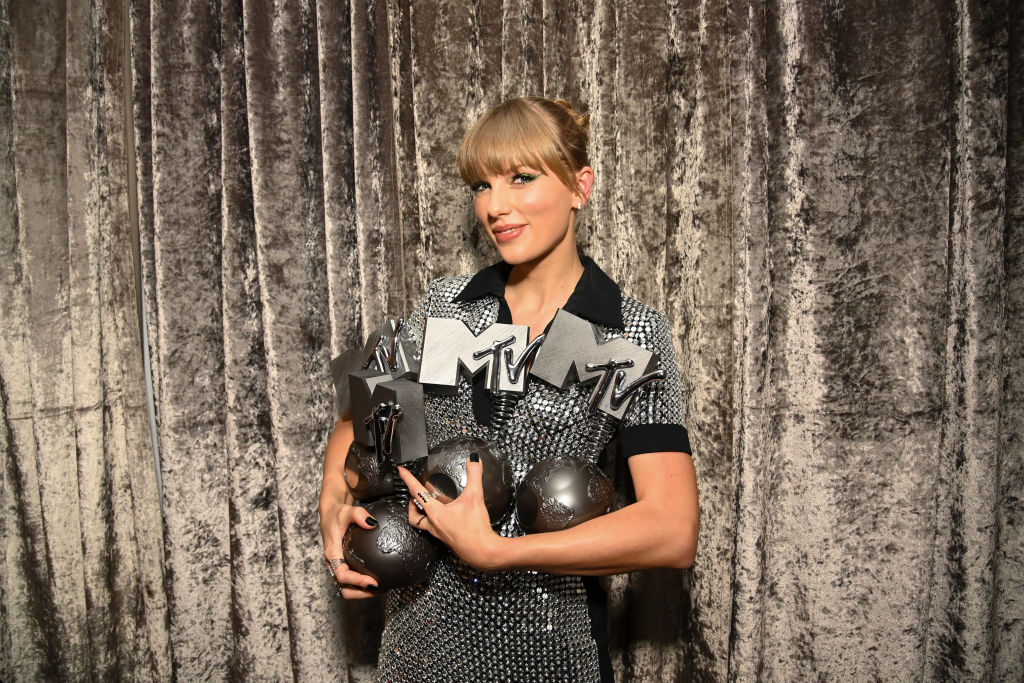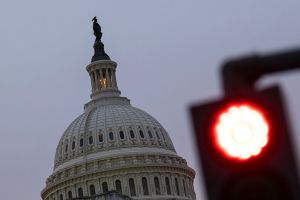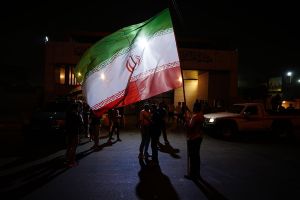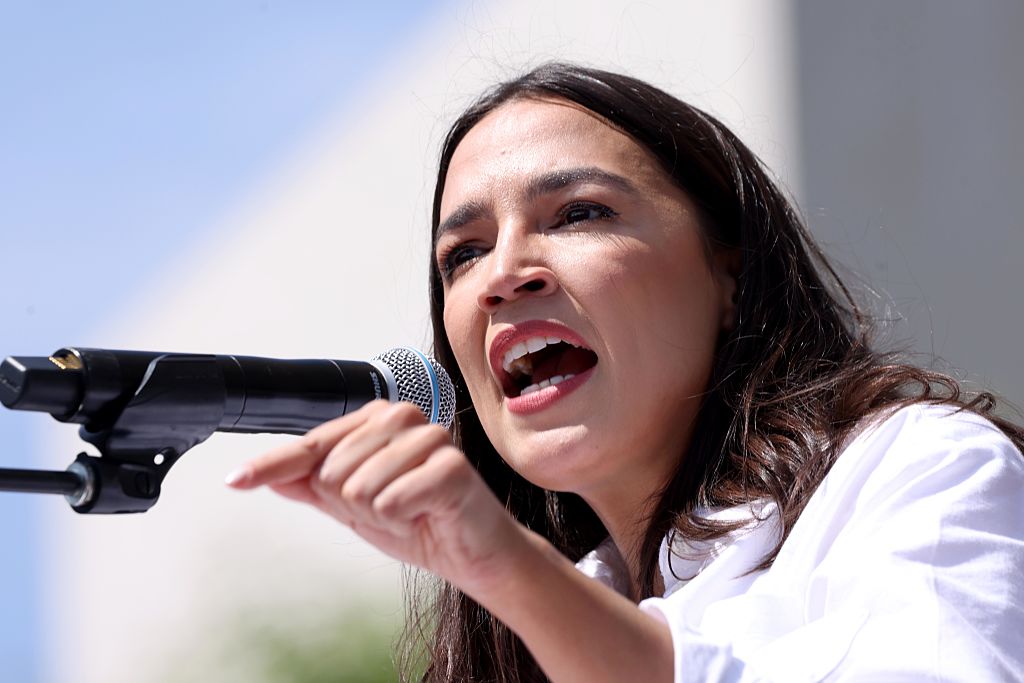I grew up with Taylor Swift. I was ecstatic to hear of her forthcoming tour, having never seen her perform live. Then I heard she was teaming up with Ticketmaster and allowing the use of “dynamic pricing” to change the ticket price based on demand.
Like many other diehard fans hoping to snag a pre-sale ticket, my hopes were dashed this week. I logged on thirty minutes prior to the actual sale of tickets — as recommended — and was met with an error message. Ticketmaster’s site crashed before anyone could even purchase a ticket.
What was meant to be a pre-sale ticketing event for a select few fans sold out the entirety of the tour. The vast majority of tickets were given to resellers for prices higher than most mortgage payments.
The demand was historic. Liberty Media CEO and Live Nation chairman Greg Maffei noted that there were 14 million people on the site that day, with the number of bots being unidentifiable. Maffei said the ludicrously high demand was the sole cause of the website crash. But it didn’t have to be this way.
Live Nation merged with Ticketmaster in 2010, in a deal which has since faced criticism, as Live Nation now own over 80 percent of the total ticket market. In a sane world, Swift’s team could have split the tickets between different vendors — but now there’s really only one vendor. Live Nation’s monopoly allows them to manipulate the system.
Ticketmaster was well aware of the fact that they would be receiving an unprecedented amount of traffic for the Swift sale, yet missed the mark severely. Tickets for West Coast venues were pushed back by five hours with no notice, with the Capital One Arena pre-sale pushed to the following day with little fanfare. The reason for the cancellation of the general sale was given as “high demand.” Taylor Swift’s fans — my fellow Swifties — responded as you might expect:
ticketmaster’s apology: pic.twitter.com/IM4SOBrrIF
— jessica (@enchantedjess13) November 17, 2022
2024 presidential election if Biden nationalizes Ticketmaster https://t.co/Yr9dpabMuQ pic.twitter.com/cfIeUmpGwx
— Jacob Rubashkin (@JacobRubashkin) November 17, 2022
ticketmaster: we expect the demand for taylor swift tickets to be overwhelming 🙂
ticketmaster when the demand for taylor swift tickets were, in fact, overwhelming: pic.twitter.com/ZYhJq52R1F
— syd 🪩 (@sydstweeter) November 15, 2022
— swiftie struggle tweets (@swifferstruggle) November 16, 2022
Me when I entered the seat map for Taylor Swift Eras Tour verified fan presale on Ticketmaster: pic.twitter.com/ObVM4u0Pew
— Mutha Goose (@MissBeaubeirdra) November 15, 2022
Ticketmaster-Live Nation made minimal effort to mitigate these easy-to-anticipate issues. One week before the opening of the pre-sale ticket to her long-awaited “Eras” tour, Ticketmaster sent out 1.5 million pre-sale codes to ensure bots could not buy and resell tickets. On the day of the sale, the site didn’t ask for a code until after the queue was finished, allowing 13 million excess consumers to flood the site.
Fans spent up to six hours in online queues and still found themselves getting kicked out of line. The lucky few who could access the ticket market were greeted by absurd ticket prices, with nosebleed seats costing hundreds of dollars. It became clear that Ticketmaster’s efforts to prevent bots from buying tickets also failed, as many of the tickets were quickly re-sold for over $10,000.
Ticketmaster had also claimed that fans who had tickets for Swift’s now-canceled “Loverfest” tour would receive priority access. They never did — with one customer service rep describing the Loverfest priority access as “misinformation,” even though there was evidence to the contrary on their site.
— Tessa ❤️ (@tessahime13) November 15, 2022
Representative Alexandria Ocasio-Cortez used the debacle as an opportunity to note that the Live Nation-Ticketmaster merger “should have never happened.” Senator Richard Blumenthal had previously urged the Department of Justice to take a stand over large acquisitions which were supposedly intended to increase robust competition and benefit consumers. In a letter to the Department of Justice published earlier this year, Senator Blumenthal and his colleague Senator Amy Klobuchar wrote:
Multiple reports indicate the industry is rife with practices that prevent consumers from accessing tickets at affordable prices or prevent access entirely, including holdbacks and staggered sales, bots, lack of all-in pricing, and the reselling of free tickets.
Greg Maffei may claim that Live Nation-Ticketmaster doesn’t maintain a monopoly over the ticketing industry, and that the demand would have too overwhelming for any platform to handle. But when his company obviously didn’t take necessary measures, Swiftie consumers have every right to be enraged.
Washington has always struggled in its attempts to rein in Big Tech. Could Swifties finally be the trigger that creates fair competition in the ticketing marketplace?

























